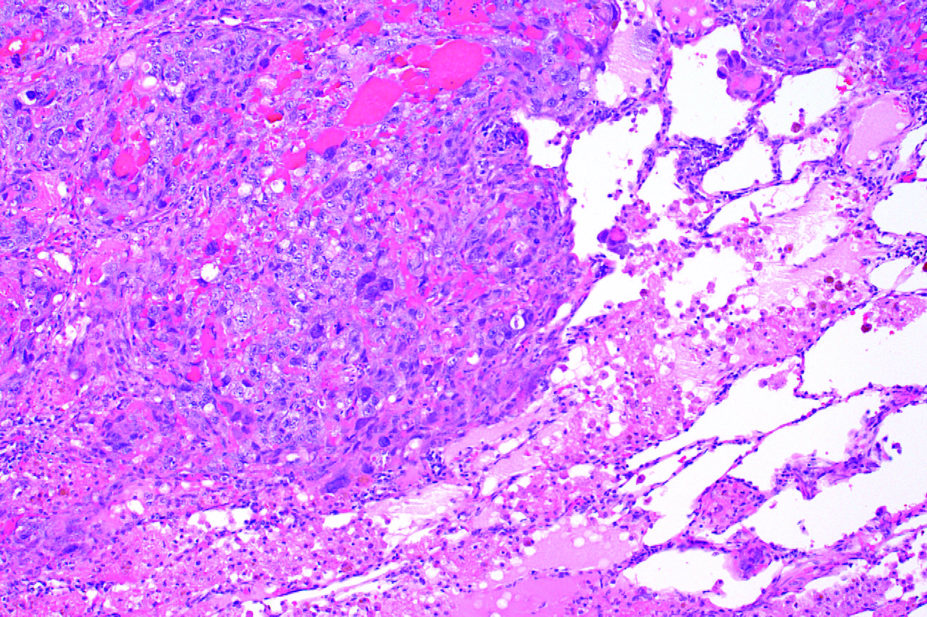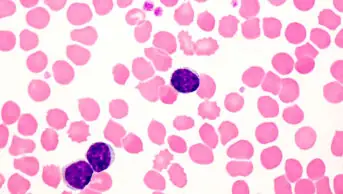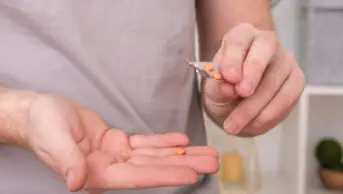
Shutterstock.com
The National Institute for Health and Care and Excellence (NICE) has agreed for nivolumab (Opdivo, Bristol-Myers Squibb) to be made available to lung cancer patients in England through the cancer drugs fund (CDF).
Nivolumab, which was approved for use in Scotland in 2016, has been shown to significantly extend the survival of lung cancer patients; however, during initial reviews, NICE concluded that it was not cost-effective enough to be recommended for routine use on the NHS.
NICE therefore asked manufacturers Bristol-Myers Squibb to agree to a discount on the drug while clinical trials were being carried out. In November 2016, two patients submitted petitions with a total of 270,000 signatures, calling for NICE to approve it.
“We know that nivolumab is clinically effective for some people with lung cancer but the full extent of its benefit is not clear,” said Carole Longson, director of the NICE centre for health technology evaluation.
“This new deal means that we can give patients access to what we know is a promising treatment whilst more evidence is gathered on its value.”
Nivolumab is a type of immunotherapy that works by targeting a protein, called PD-L1, on the surface of cells. PD-L1 is involved in the body’s immune response to cancer and nivolumab appears to work better in people who have more PD-L1 on their cancer cells.
Chief executive of the Institute of Cancer Research, Paul Workman, said he was pleased to see NICE and Bristol-Myers Squibb showing flexibility to reach an agreement on the drug’s approval.
“Companies need to come to the table with their best, most realistic price offer right at the start, so we get new exciting drugs, such as immunotherapies, to patients as quickly as possible,” he said.
NICE is looking at nivolumab in many different cancer indications. According to the health technology assessment body, each appraisal is independent and will look at the clinical and cost-effectiveness of the drug compared with what is already available on the NHS.
Nivolumab will be made available to patients in Wales under separate arrangements that will see the drug funded within two months.


